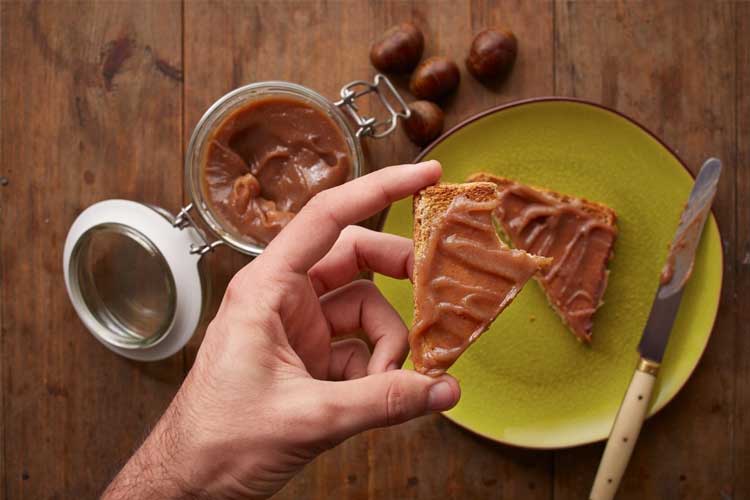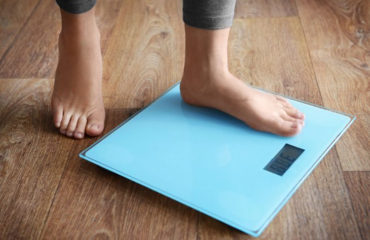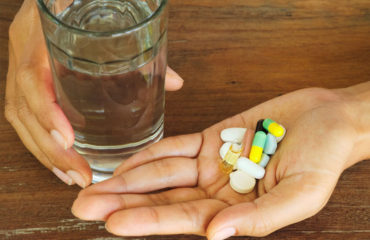We’ve all been there — you’re in between meals, but it’s time for a run, and your stomach is growling. You know it’s not good to run on an empty stomach, but if you eat the wrong thing, the whole run could turn into a disaster. You need to find a snack that’ll give you energy but can last through the entire workout. But what do you look for? How do you choose a snack that won’t upset your stomach?
It’s important to note that everyone is different. Some people have a more sensitive stomach when it comes to running, so what works for one person may not work for another. “Runners should play around with what works best for them,” Lailina Wisoff, RDN. It’s also important to try out any new snacks before a regular run, not before a race. Also, staying hydrated goes a long way, so regardless of what and when you eat, make sure you’re getting enough water throughout the day.
CARBS, YES, CARBS
Especially for runners, carbs are not the enemy. When narrowing down your snack choices, start with carbohydrate-rich foods, says Wisoff. She recommends “fruit, juice, crackers or a bar with a protein-and fat-rich food like peanut butter, string cheese, yogurt or a smoothie.”
It’s important to choose easily digestible carbs and to avoid heavy foods that are high in fiber, or anything too spicy or fatty. “Avoid too much fiber, fat, or calories as they take longer to digest,” Wisoff suggests.
It’s also important to look at a food’s glycemic index value. The higher the GI value, the more that food is going to spike your blood sugar and give you a quick energy boost. If it’s close to your run, you’ll want something higher on the GI. If you have more time, you may want something that’s lower on the GI because your body has more time to absorb it. Some coaches also recommend eating a food with a high GI score as soon as you finish a hard workout because the insulin boost that comes with it can help recovery.
TIMING MATTERS
Choosing the right snack also depends on how far you plan to run and how long before the run you eat. If you are heading out the door immediately, eat 100–150 calories of something that scores middle-to-high on the glycemic index. Good options include a banana, apple (or unsweetened applesauce), a few orange slices or a piece of toast.
If you have an hour or more for your snack to digest, sports dietitian Jan Dowell, MS, RD, recommends consuming up to 300 calories. You can also add in a little bit of protein to help fuel recovery.
Try foods like oatmeal and fruit, a cup of cereal with milk, two toaster waffles with maple syrup, a rice cake with peanut butter, a couple slices of turkey on a tortilla, or carrots and hummus.
Don’t like those options? Wisoff reiterates the importance of finding what’s best for your body. “It also depends on digestion and how quickly a person can assimilate what they are eating without ending up with stomach cramps or feeling weighed down,” she says.
Written by My Fitness Pal




